Menses: definition and rulings
Menses or Hayd is the natural blood discharge from women uterus through her vagina. It could start at the age of 9 and stops by the age of 50. It usually lasts for 6 to 7 days and it requires a bath at the end “ghusl”.


Menses or Hayd is the natural blood discharge from women uterus through her vagina. It could start at the age of 9 and stops by the age of 50. It usually lasts for 6 to 7 days and it requires a bath at the end “ghusl”.

Women in menstruation are forbidden from having penetrative sexual intercourse, prayers, fasting, holding Qur'an, performing Tawaf, reciting Qur'an, staying in a mosque, and getting divorced.

Postnatal discharge: This refers to the blood discharged by women after childbirth.
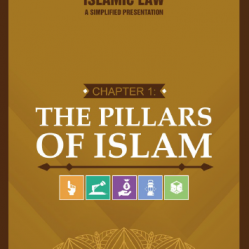
Simplified explanation of the Five pillars of Islam: declaration of faith, prayer, zakat, fasting and pilgrimage, which represent a framework of the Muslim life and the core of Islam religion. Moreover it talks about the The main message of Islam.
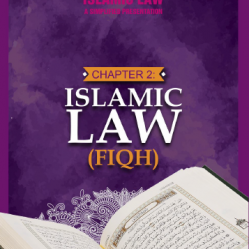
A brief introduction to the meaning of Islamic jurisprudence (fiqh), its principles, and The Leading Fiqh Scholars such as Abu Hanifah, Malik, Al-Shafi'i and Ahmad ibn Hanbal. It includes all the practical rules that every Muslim, man or woman, should know, citing their bases in the Qur’an and the Sunnah in an easy and simple way.
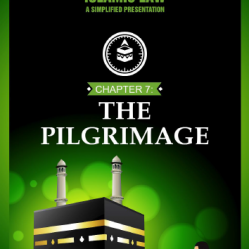
Pilgrimage is one of the five pillars upon which the structure of Islam is built on. Its steps are clearly mentioned in Quran and it must fulfill certain rites in particular places and times in order to be complete.
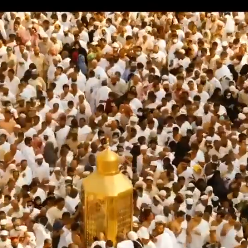
A lot of people ask: Why do Muslims perform Hajj (pilgrimage)? Why do they go around a stone and kiss a stone? Wouldn't this make Muslims idols worshipers as well? We are going to answer all these questions in this film.
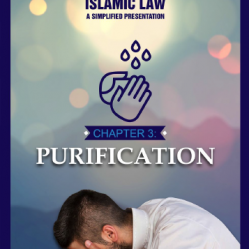
Muslims must be pure before praying or any other act of worship requiring purity. Purification means the removal of any physical discharge from private parts which require washing, water sprinkling or wiping.
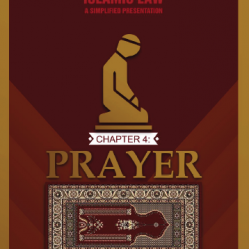
Muslims are asked to meet Allah five times a day through performing Salah or the Islamic Prayers. These five meetings are the main factors for the love of Allah to be granted a happy life and Jannah.
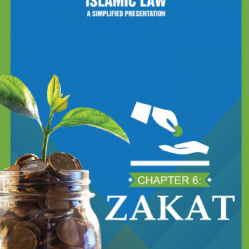
Zakat is an Islamic obligation and one of the five pillars upon which the structure of Islam is built. It is indeed the most important rukn of Islam after prayer.

Zakat is one of the 5 pillars of Islam. It is a charity duty imposed on a certain threshold of excess money and paid to the poor. It is the most important pillar after testifying that there is no deity than God and prayer.

Zakat has numerous social effects. It erases zakat payer sins, purifies his heart from any greed and removes any traces of miserliness. It also spreads a spirit of mutual care and love within the Muslim community.
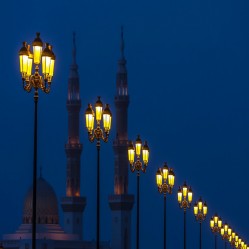
Zakat al- fitr is due after the month of Ramadan is over. Each Muslim must pay it on his behalf and for those whom he is duty bound to support. How it is paid, to whom, the amount and the time are all explained below.

Zakat is due on Muslims only but some conditions are to be applied such as; being free, owning more than person’s need from money food and clothes, and in some cases the turn of a full lunar year on a person’s property.
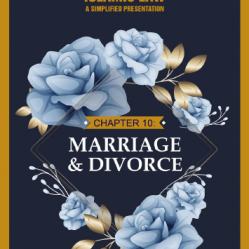
Nikah or marriage is encouraged in Islam, it is endorsed in the Qur’an, the Sunnah and the unanimity of scholars because it protects fabric of the family and the Islamic social structure.

Nikah or marriage is encouraged in Islam, it is endorsed in the Qur’an, the Sunnah and the unanimity of scholars because it protects fabric of the family and the Islamic social structure.

Dowry is an amount of money that the groom should pay to his to be wife at the time of marriage contract. It is mandatory by Quran and Sunnah and it becomes wife’s property. It is enjoined by God to honor brides.

There are essentials for marriage to take place in Islam such as having two spouses, commitment and acceptance, and of course, the commitment must precede the acceptance.

A marriage proposal is a statement made by a man making clear that he wishes to marry a woman with the knowledge of her guardian, Islam puts some rules for the engagement.

A will is an amount of inheritance to be distributed according to a sane testator desire and preferred not to exceed one third of the sum and to exclude the heirs, and to be distributed after paying all debts.
Sorry, You must be logged in. Use link below to log in or sign up Sign in
